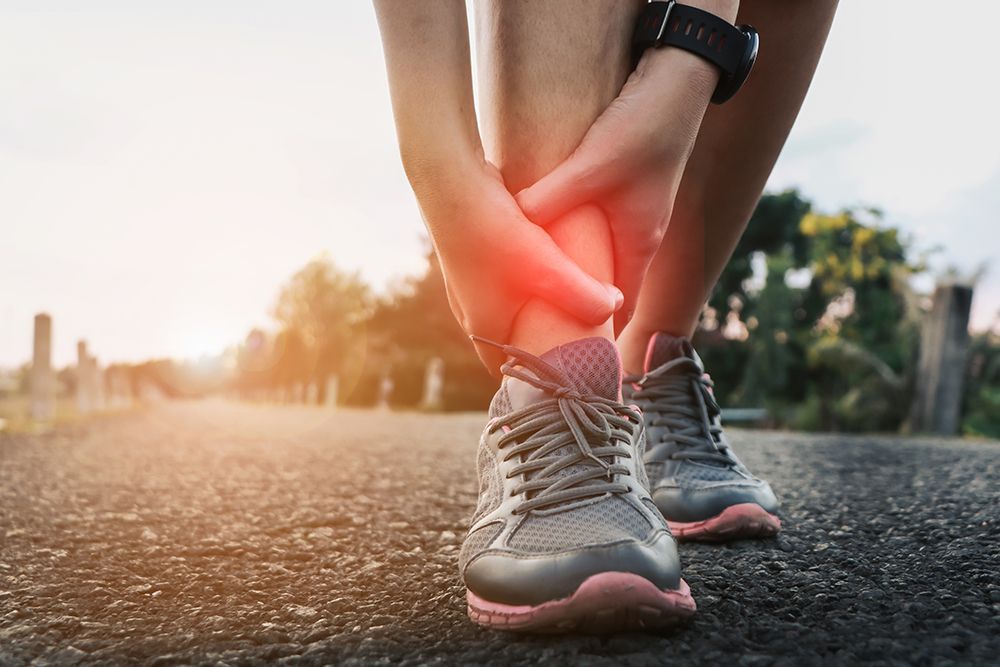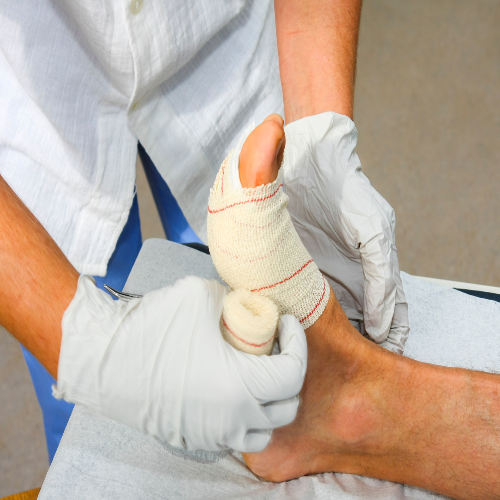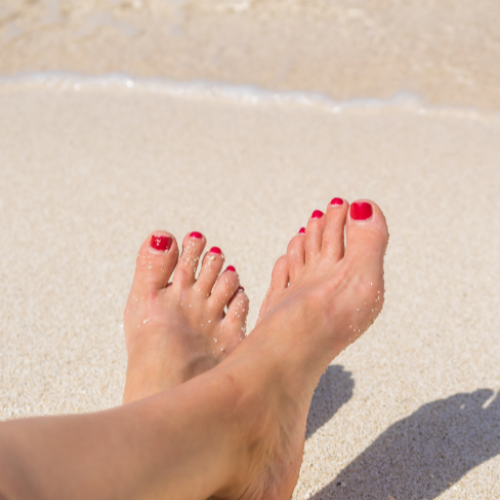4 Common Causes of Cold Feet, From Our Charlotte University Podiatrist
Do your feet always feel like blocks of ice, even when the weather is warm? Have you been known to wear thick socks, even on balmy Spring days? If so, an underlying condition may be to blame. In today’s post our Charlotte University podiatrist shares four of the most common causes of cold feet, and what you can do to warm up.
Poor Circulation
When the temperature outside drops, your body works to keep your core warm. The blood vessels in your extremities constrict, and your circulation is diverted in your toes, feet, and ears. This process is pretty normal during the winter. But poor circulation can also be the result of a sedentary lifestyle. If you sit all morning and evening in traffic, then sit all day at work, you might not be getting enough circulation in your feet and toes. Investing in a standing desk might help decrease some of your symptoms. If this isn’t possible, try to get up and move around a bit every so often. A FitBit or similar exercise tracker can help you remember to move.
Peripheral Artery Disease
Of course, other factors can cause loss of circulation besides lifestyle behaviors. Peripheral Arterial Disease is one of them. In this common condition, the body struggles to pump blood through the body at a quick enough pace, resulting in chronically cold feet. Heart disease and smoking are two big risk factors involved with this condition, and it can have serious consequences. Be sure to see a podiatrist and/or general doctor if you suspect you are experiencing PAD.
Iron Deficiencies
Iron is a mineral with several important functions, which is primarily responsible for creating red blood cells that carry oxygen throughout your body. Iron deficiency can cause anemia (a decreased level of hemoglobin in your red blood cells), and lead to symptoms like fatigue, headaches, dizziness, and chronic cold feet. Women are especially susceptible to iron deficiency due to blood loss from pregnancy and menstruation. Luckily, it can be treated relatively easily with changes in diet and by taking iron supplements.
Type 1 or Type 2 Diabetes
Diabetes can cause not only feet that are cold to the touch, but also feet that feel cold due to nerve damage. Other symptoms may include numbness or tingling in the feet. If you’re experiencing any symptoms of nerve damage in the feet, check them carefully for signs of cuts and injuries, and see a professional podiatrist as soon as possible.
Hypothyroidism
When the thyroid doesn’t produce enough thyroid hormone, your body’s metabolism is affected. Since metabolism controls both heartbeat and the body’s temperature, an underactive thyroid could contribute to reduced circulation and colder feet. To boost your metabolism, get more exercise, eat more protein and less refined carbs, and avoid caffeine.
When to see a Charlotte University Podiatrist
If you are suffering from chronically cold feet, visit a Charlotte University podiatrist today for an assessment. You should be especially concerned if you are also experiencing prolonged fatigue, weight changes, foot pain, and sores on your toes and feet that are taking a long time to heal. With that said, cold feet are not always an emergency. The only way we can know for sure it to schedule an appointment!











